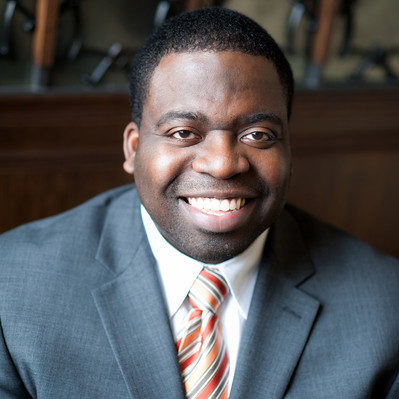President Obama will seek congressional approval to begin military action against the Syrian government.
This is how President Obama arrived at the decision to undergo the correct process of going to war:
In a two-hour meeting of passionate, sharp debate in the Oval Office, he told them that after a frantic week in which he seemed to be rushing toward a military attack on Syria, he wanted to pull back and seek Congressional approval first.
He had several reasons, he told them, including a sense of isolation after the terrible setback in the British Parliament. But the most compelling one may have been that acting alone would undercut him if in the next three years he needed Congressional authority for his next military confrontation in the Middle East, perhaps with Iran.
If he made the decision to strike Syria without Congress now, he said, would he get Congress when he really needed it?
“He can’t make these decisions divorced from the American public and from Congress,” said a senior aide, who spoke on the condition of anonymity to discuss the deliberations. “Who knows what we’re going to face in the next three and a half years in the Middle East?”
[…] Even as he steeled himself for an attack this past week, two advisers said, he nurtured doubts about the political and legal justification for action, given that the United Nations Security Council had refused to bless a military strike that he had not put before Congress. A drumbeat of lawmakers demanding a vote added to the sense that he could be out on a limb.“I know well we are weary of war,” Mr. Obama said in the Rose Garden on Saturday. “We’ve ended one war in Iraq. We’re ending another in Afghanistan. And the American people have the good sense to know we cannot resolve the underlying conflict in Syria with our military.”
[…] Mr. Obama’s backing of a NATO air campaign against Col. Muammar el-Qaddafi in 2011 had left a sour taste among many in Congress, particularly rank-and-file members. More than 140 lawmakers, Republicans and Democrats, had signed a letter demanding a vote on Syria.Moving swiftly in Libya, aides said, was necessary to avert a slaughter of rebels in the eastern city of Benghazi. But that urgency did not exist in this case.
Indeed, Gen. Martin E. Dempsey, the chairman of the Joint Chiefs of Staff, told Mr. Obama that the limited strike he had in mind would be just as effective “in three weeks as in three days,” one official said.
Thanks to UK Parliament and the 140 Democratic and Republican representatives that signed a letter demanding a vote, many of them recently elected or non-leadership voiced opposition to the President engaging Syria without congressional debate and vote.
The most disconcerting thing is this reaction from his foreign policy team:
Beyond the questions of political legitimacy, aides said, Mr. Obama told them on Friday that he was troubled that authorizing another military action over the heads of Congress would contradict the spirit of his speech last spring in which he attempted to chart a shift in the United States from the perennial war footing of the post-Sept. 11 era.
[…]The resistance from the group was immediate. The political team worried that Mr. Obama could lose the vote, as Mr. Cameron did, and that it could complicate the White House’s other legislative priorities. The national security team argued that international support for an operation was unlikely to improve.
This surprises me and probably a lot of the American public, but this is inside the beltway conventional wisdom for “both sides”:
Punishing #Syria for using chemical weapons isn’t declaring war. Shouldn’t require Congressional approval. POTUS is our CEO.
— Steven Rattner (@SteveRattner) August 31, 2013
That’s the liberal opinion. Waging any sort of war is not an administrative action. It is always a cost proposition. When the US wages war, we will lose money, create destruction, lose American soldiers and foreign innocents and will assume responsibility for post-war stability.
Rep. Peter King says Obama’s decision to go to Congress “undermining the authority of future presidents.” Means it as a bad thing.
— AdamSerwer (@AdamSerwer) August 31, 2013
The precedent for going to war in this case is the constitution. Peter King has to know that and is arguing really that it’s better for a President to pretend the executive branch has no checks and balances.
Either way, we were too close to waging another war without congressional approval.
